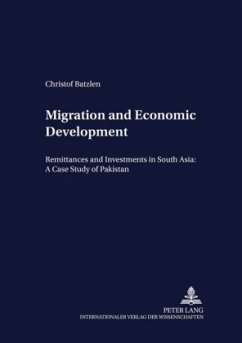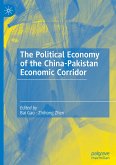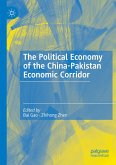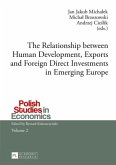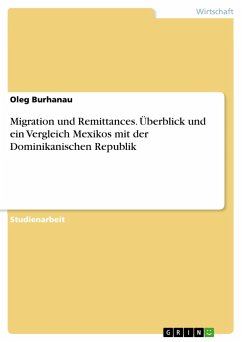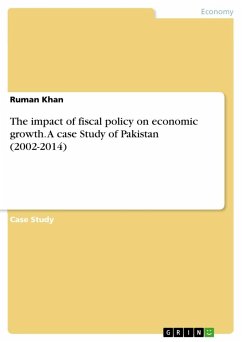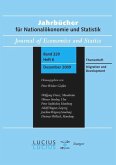This study estimates savings and investment functions of migrants from Pakistan who went abroad for employment. Particular emphasis is placed on investigating the impact of remittances on capital formation and on analysing how earnings from abroad can be directed into productive investments creating employment in Pakistan. Evidence from a two-year empirical research in the main migration areas of Pakistan suggests that remittances, in contrast to the common notion, are an important source of financing investments, particularly in agriculture. The acquisition of skills has a strong positive impact on the investment activities undertaken by migrant households. However, the number of migrants who have acquired additional skills during their overseas assignments is relatively low. Simultaneously, migrants who went abroad to countries other than Middle East countries, show a higher propensity to invest than those who worked in the oil exporting countries. Finally, a relatively large number of investments undertaken by migrants is characterised by low profitability expressed in the return on investment. The author concludes that the establishment of so-called "workers' companies" based on examples from Turkey might be a profitable alternative to investments undertaken by the migrants themselves. Lastly, strengthening the rural financial system is seen as a necessity in order to increase the average savings ratio of the rural population by introducing financial innovations.

